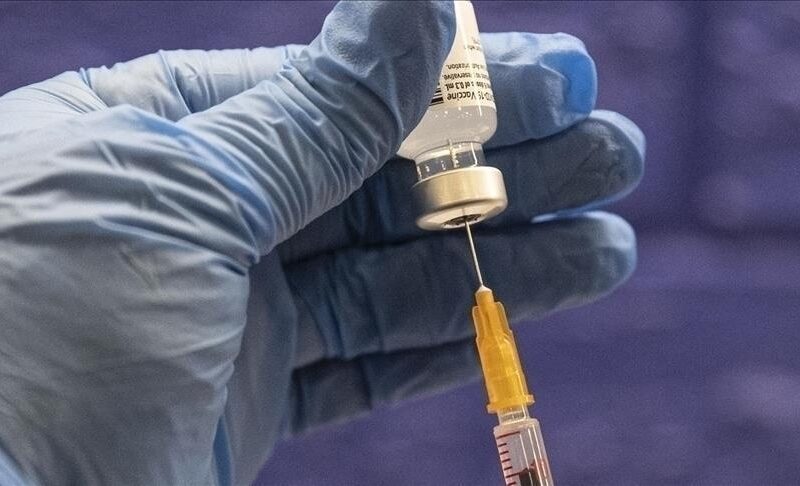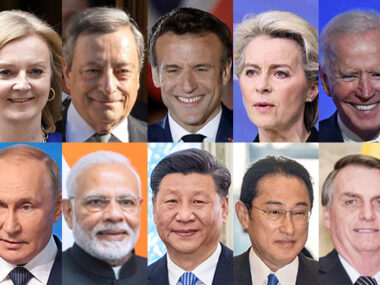At least 1.4 million lives have been saved in the European zone thanks to safe, effective vaccines, according to the UN agency’s regional chief.
- The UN agency’s regional leader estimates that safe and effective vaccines have saved at least 1.4 million lives in the European region.
- “More than 90% of lives saved were people over the age of 60,” says Hans Kluge, who urges those at highest risk to be re-vaccinated 6 to 12 months after the most recent treatment.
Coronavirus vaccines have played a critical role in avoiding deaths in Europe, with cumulative deaths far below the estimated 4 million due to widespread usage, the World Health Organization said Tuesday.
Hans Kluge, Europe Regional Director, stated that “safe and effective” vaccines had saved at least 1.4 million lives across Europe.
“Without them, the European Region’s cumulative known death toll could have been around 4 million, possibly even higher,” said Kluge during a virtual news conference to present a new report on the number of lives saved by vaccines in the region.
“More than 90% of lives saved were people over the age of 60,” he stated, citing a 34-country analysis.
“Overall, COVID-19 vaccines reduced death by 57% across the WHO European Region from December 2020, when the vaccine rollouts began, to March 2023,” he stated, emphasizing that the first booster doses alone saved an estimated 700,000 lives.
He recommended patients at the highest risk of COVID-19 to be re-vaccinated six to 12 months after their most recent dosage, emphasizing the “irrefutable” power of vaccines.
Regarding the new variant of interest, JN.1, Kluge stated that it is rapidly replacing previous variants and is currently the most commonly reported variant internationally, as well as the dominant variant circulating in Europe, accounting for 79% of sequences.
“Though there’s no current evidence to suggest the JN.1 variant is more severe, the unpredictable nature of this virus shows how vital it is that countries continue to monitor for any new variants,” Kluge said in a statement.
He emphasized the importance of continued surveillance in nations that have lowered or discontinued reporting COVID-19 and other circulating respiratory viruses.











